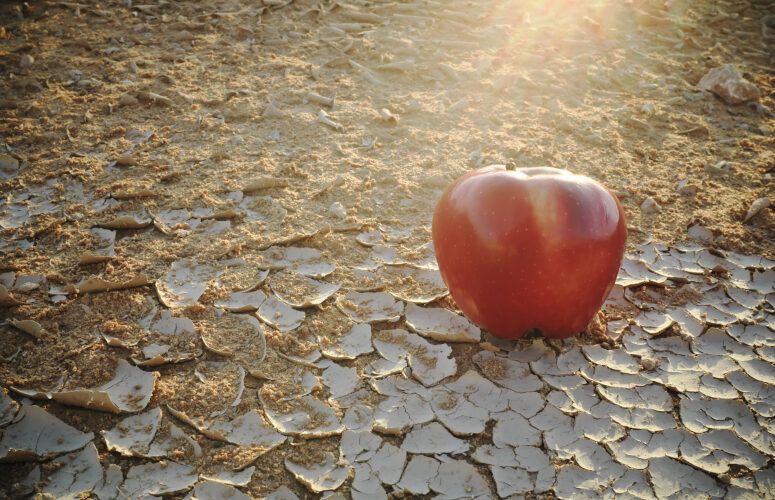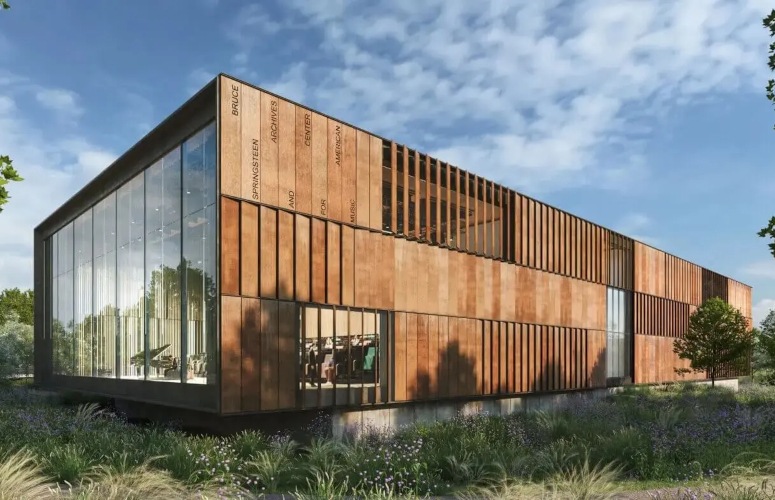
List of NJ ‘Food Desert’ Communities Approved
Authority Adopts Final List of 50 Communities that May Be Eligible for $240M in Food Desert Relief Act Funding
On Feb 11, 2022The New Jersey Economic Development Authority (NJEDA) has approved the final list of New Jersey’s 50 designated Food Desert Communities during its recent board meeting. Over the next several years, up to $240 million in funding through the Food Desert Relief Act will be available to strengthen food security and combat food deserts in these communities.
The Food Desert Relief Act, part of the Economic Recovery Act (ERA), addresses the food security needs of communities across New Jersey by providing up to $40 million per year for six years in tax credits, loans, grants, and/or technical assistance to increase access to nutritious foods and develop new approaches to alleviate food deserts. The NJEDA expects to issue regulations later this year, a critical step in the development of any Food Desert Relief Act-related programs.
“New Jersey has long been at the forefront in the fight against food insecurity,” said Lt. Gov. Sheila Oliver, who serves as Commissioner of the Department of Community Affairs. “We have a moral obligation to reduce food insecurity within our state’s borders and the programs we create under the Food Desert Relief Act will strengthen our ability to connect New Jerseyans in the 50 designated Food Desert Communities with access to much-needed nutritious food.”
A January 2022 U.S. Census Bureau survey found that nearly one in 13 New Jersey households reported not having enough to eat in the past seven days. The total population of New Jerseyans residing in Food Desert Communities exceeds 1.5 million individuals across a diverse range of communities in all 21 of New Jersey’s counties.
Assembly Speaker Craig Coughlin has been a vocal advocate of finding ways to eliminate food deserts and played a key role in the passage of the Food Desert Relief Act.
“The statistics surrounding food insecurity are sobering and unacceptable,” said Assembly Speaker Craig J. Coughlin. “By approving the designation of New Jersey’s Food Desert Communities, we are a crucial step closer to directly addressing the impact of food deserts on New Jersey communities and to securing access to fresh and nutritious foods, with real brick and mortar food retailers and neighborhood food service programs, so everyone feels the comfort of knowing where their next meal will come from.”
The designation of Food Desert Communities includes consideration of factors such as: food retail environment, demographics, economic indicators, and health indicators. The NJEDA developed the list and accompanying methodology for designation of the Food Desert Communities in partnership with the New Jersey Department of Community Affairs (NJDCA) and the New Jersey Department of Agriculture (NJDA), along with input from the New Jersey Department of Human Services (NJDHS) and New Jersey Department of Health (NJDOH).
The NJEDA issued a Request for Information (RFI) in March 2021 to solicit insight into food security challenges faced by communities across the Garden State, including specific obstacles and disparities within communities that are considered “food deserts.” The RFI also asked for feedback on specific criteria for the Food Desert Communities designation. The list was created based on feedback received through the RFI process and input compiled from research and from other public-sector organizations. The final list was revised to incorporate written and verbal input submitted by members of the public based on the draft list of Food Desert Communities released in January 2022.
To access more business news, visit NJB News Now.
Related Articles:





